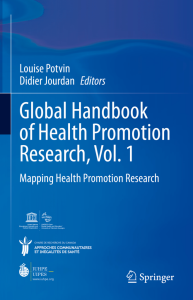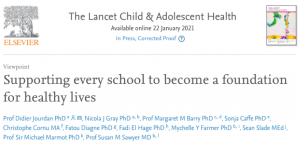We are pleased to invite you to participate in the Global meeting: Tackling challenges and sharing solutions for the health and well-being of education staff, organized by the Education and Solidarity Network, in collaboration with the UNESCO Chair Global Health & Education, as part of the 10th World Congress of Education International. The meeting will take place on 27 July 2024, in person in Buenos Aires, Argentina and online.
In celebration of the 15th anniversary of the Education and Solidarity Network, this year’s event offers a day of exchange of knowledge, experience, and research, focused on the health and well-being of educational staff. Share your experiences, discover innovative projects, and make links with partners working for health, social protection, and education.
Programme
The meeting will start with a main conference providing a global overview of the health and well-being of educational staff followed by a panel discussion where you will be able to discuss with experts from various international organizations who will present their work, research, and public policies.
The second part of the day will be devoted to the Solutions Forum with workshops addressing themes arising from the 2023 International Barometer of health and well-being of Education Staff (I-BEST) results such as psychological health, work environment, safe and positive school climate, social protection, and health.
You will be able to discover initiatives and share your ideas, concerns, and aspirations to promote the health and well-being of educational staff.
Access the programme.
Practical information
Interpretation will be available in French, English, and Spanish, more practical information and the registration form is available on the ESN website.
Attending the meeting is free of charge and the event is also accessible online.





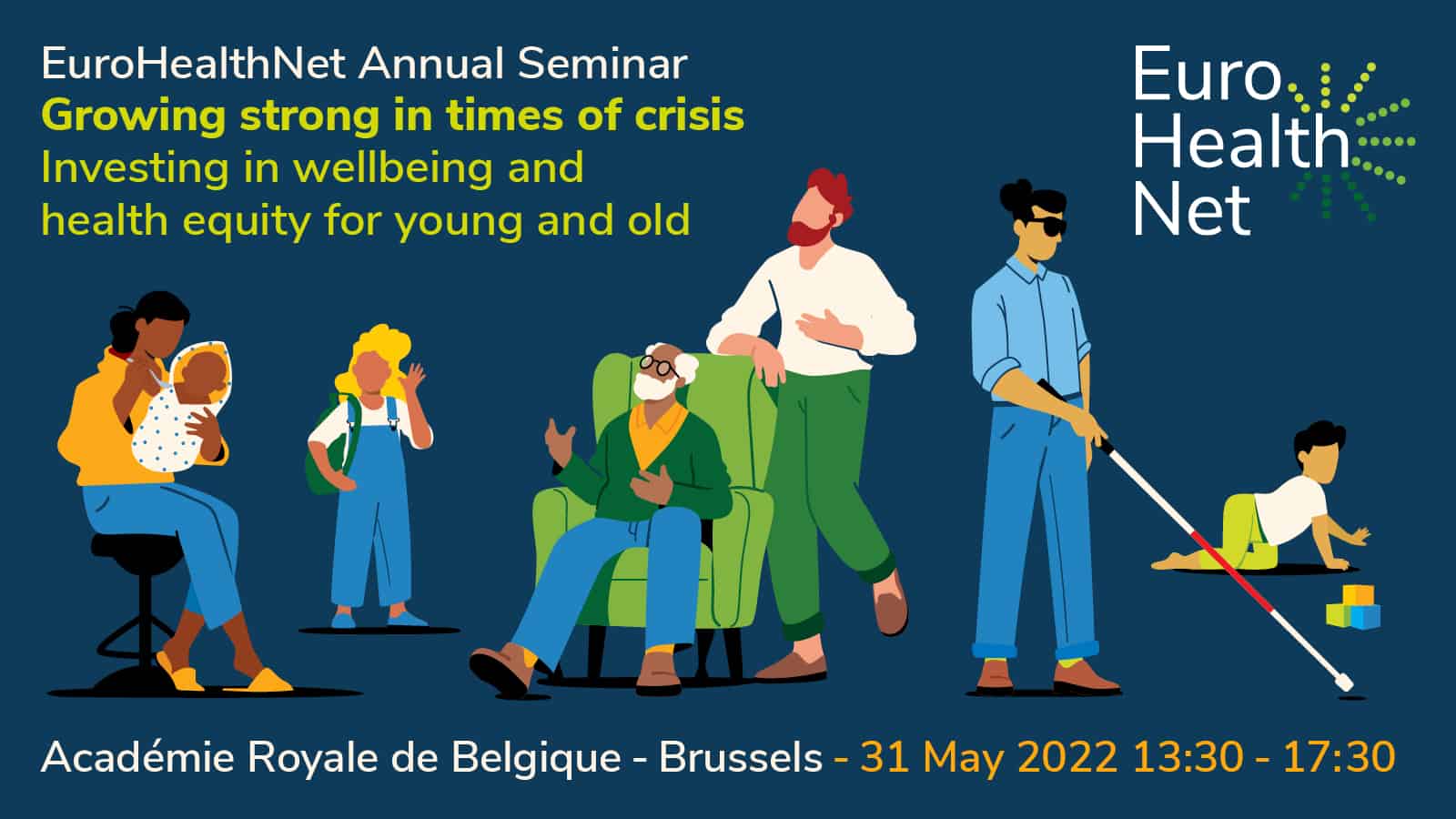









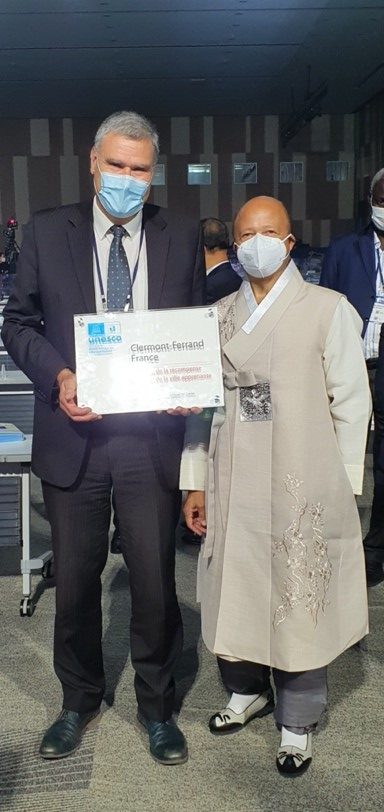
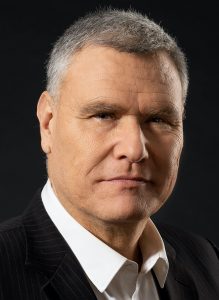 About Didier Jourdan
About Didier Jourdan